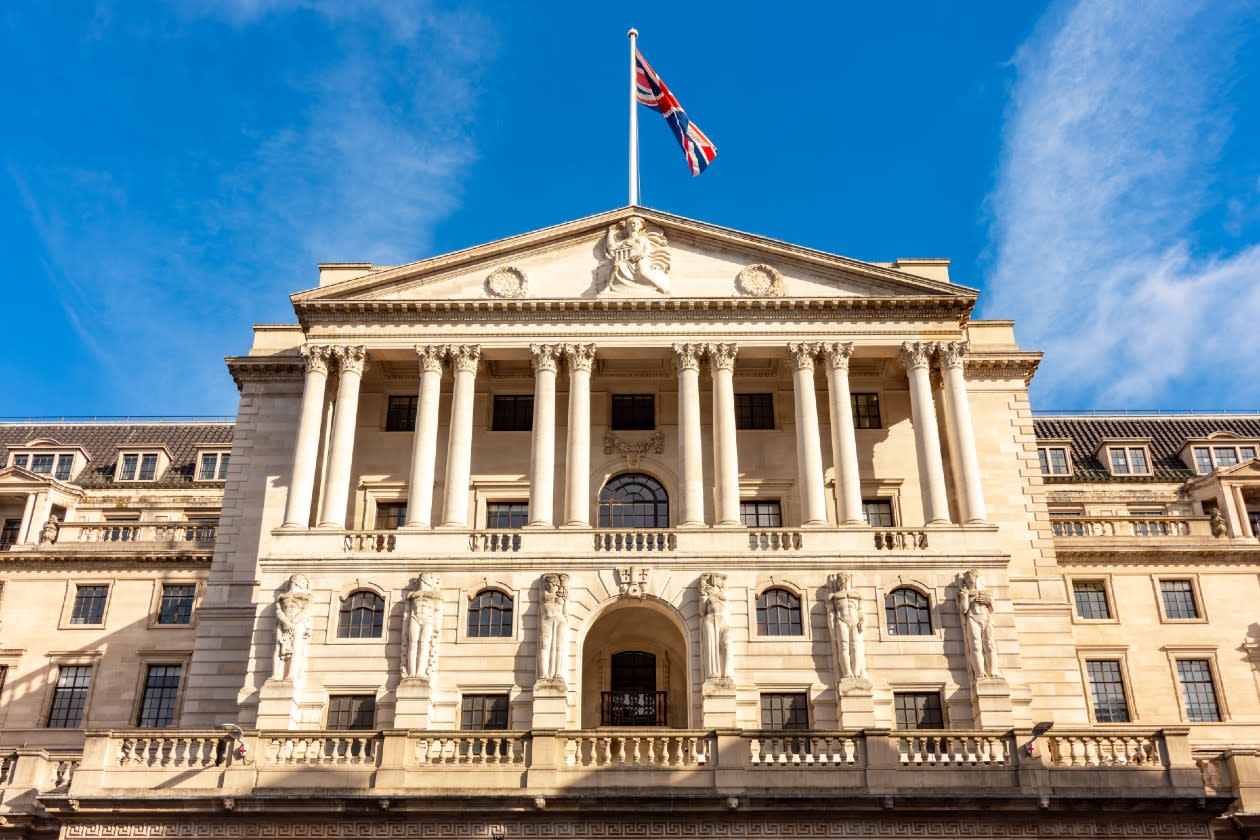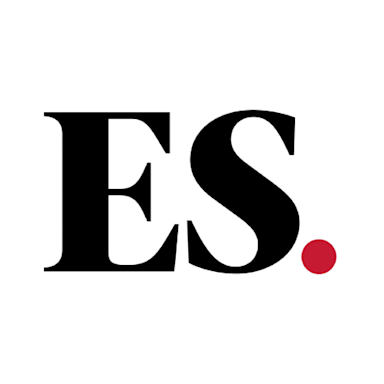Treasury minister Darren Jones left open the prospect of freezing the thresholds for paying income tax beyond 2028 as the Government scrambles to balance the public finances.
He stressed that the policy as of “today” was not to extend the freeze as pledged by Chancellor Rachel Reeves in the Budget last year.
He repeatedly emphasised that Labour’s election manifesto promised not to raise the “headline rates” of income tax, VAT and National Insurance on working people, leaving open the option of further freezing thresholds rather than increasing them in line with inflation.
In the 2021 Spring Budget, the then Chancellor, Rishi Sunak announced the income tax personal allowance and higher rate threshold would be frozen from April 2022 until April 2026.
The following year, Jeremy Hunt who was now Chancellor announced that the freeze would be extended for a further two years until April 2028.
In the Budget last October, Ms Reeves said the freeze would be lifted from 2028-29.
“Extending the threshold freeze would hurt working people. It would take more money out of their payslips,” she said.
But her deputy Mr Jones, the Chief Secretary to the Treasury, declined to repeat her promise on Monday.
“That is Government policy today,” he told LBC Radio.
“But what I’m not going to do is speculate one way or the other about any form of tax policy.”
He added: “It’s important that we do this in a structured way and that means it’s done at the Despatch Box by the Chancellor at the Budget.”
Earlier, Mr Jones had told Times Radio: “What our manifesto said is we are going to protect working people by not increasing the headline rates of income tax, VAT or National Insurance.”
People start paying the basic rate of income tax once they earn over £12,570 and the higher rate once their income goes above £50,270.
London’s median full-time salary is £41,866 so many senior health workers, police officers, teachers, and employees in the private sector are being hit by the “fiscal drag” of the income tax threshold freeze, pulling them into paying the higher rate.
Extending the freeze of income tax thresholds would raise over £38 billion a year in 2029/30, according to the Office for Budget Responsibility.
The fiscal watchdog has warned that the UK’s state finances are on an “unsustainable” path due to a raft of public spending promises the Government “cannot afford” in the longer term.
Recently, the revolt by Labour MPs over welfare reforms blew a £5 billion hole in the public finances, on top of the £1 billion cost of the U-turn on winter fuel payment cuts.
Ms Reeves has declined to rule out looming tax rises.
But Mr Jones said he did not recognise a report that there was now a £20 billion black hole in the public finances.
The Government claims it has made economic growth its No1 priority.
But Bank of England governor Andrew Bailey says companies had cut jobs and restricted pay rises as they “adjust” to having to pay the higher National Insurance contributions on employers announced by Ms Reeves.
In an interview with The Times, the governor said the British economy was growing behind its potential.
Mr Bailey also said he believes the base rate set by the Bank of England would be lowered in future, after it was held in June.
The current Bank rate of 4.25%, which has a bearing on all lending in the UK, including mortgages, will be reviewed again on August 7 by the Bank’s Monetary Policy Committee.
“I really do believe the path is downward,” Mr Bailey said.
This article was written by Nicholas Cecil from The Evening Standard and was legally licensed through the DiveMarketplace by Industry Dive. Please direct all licensing questions to legal@industrydive.com.

